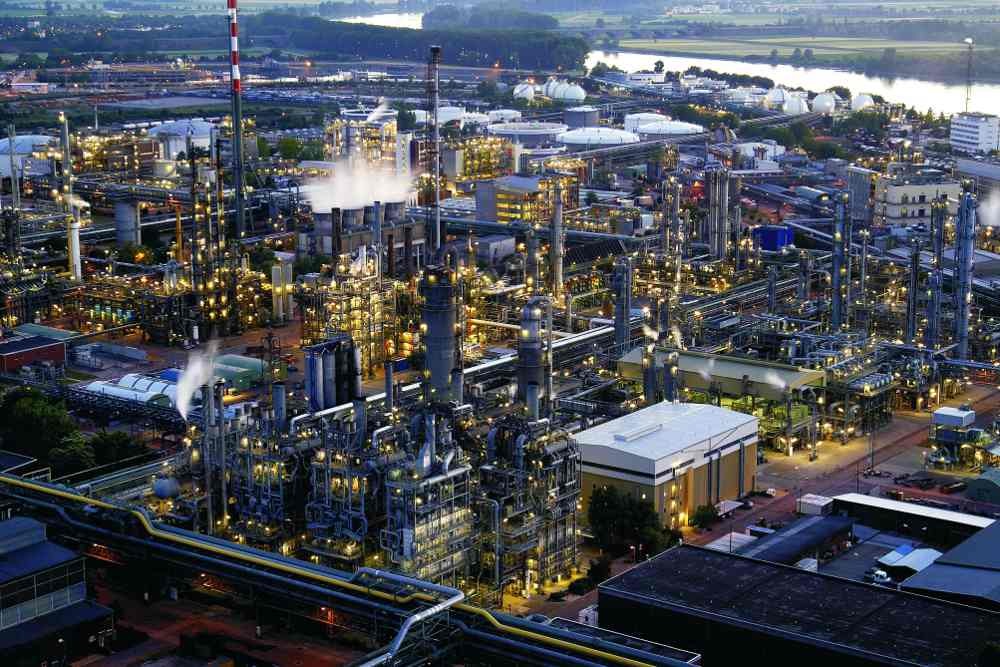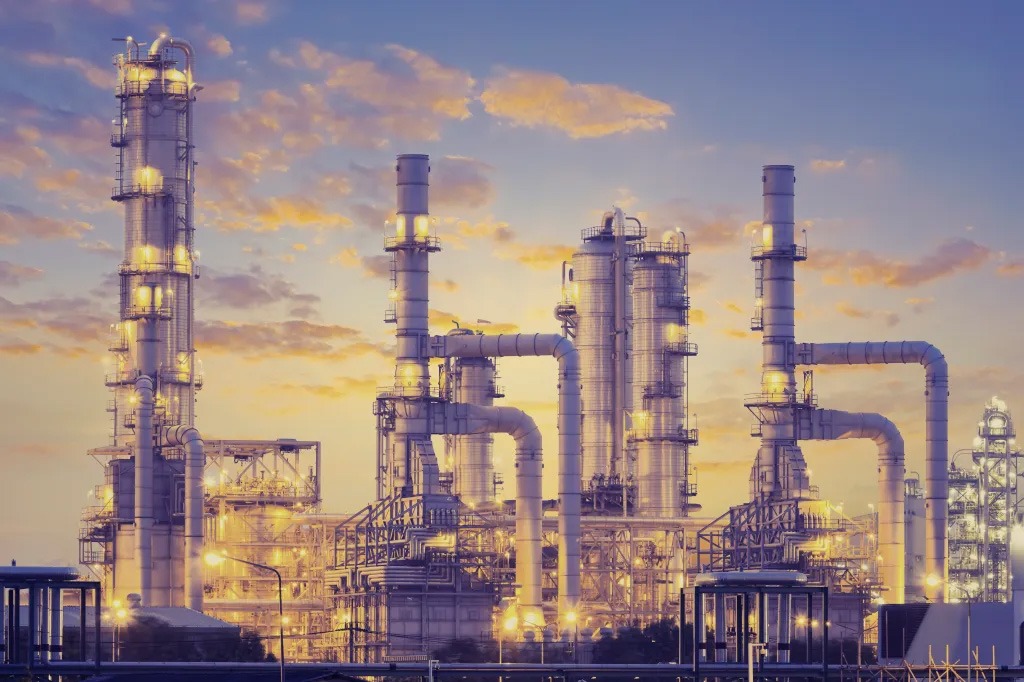Digitally Transforming, Chemically Innovating: Your Gateway to the Future of Chemical Industry Solutions
As the chemical industry enters 2022, strong demand for commodity and specialty chemicals should keep prices stable. The sector should also see higher capital investment as top industry players focus on expanding capacity and entering rising end markets via organic and inorganic means.
Sustainability and decarbonization will most likely be significant areas of concentration for most chemical businesses in the coming years. Many chemical businesses are projected to expand R&D investment and utilize developments in decarbonization and recycling technology to minimize their and their customers' carbon footprints and plastic waste. As a result, more industrial actors should set targets and plans for reducing emissions and monetizing waste.
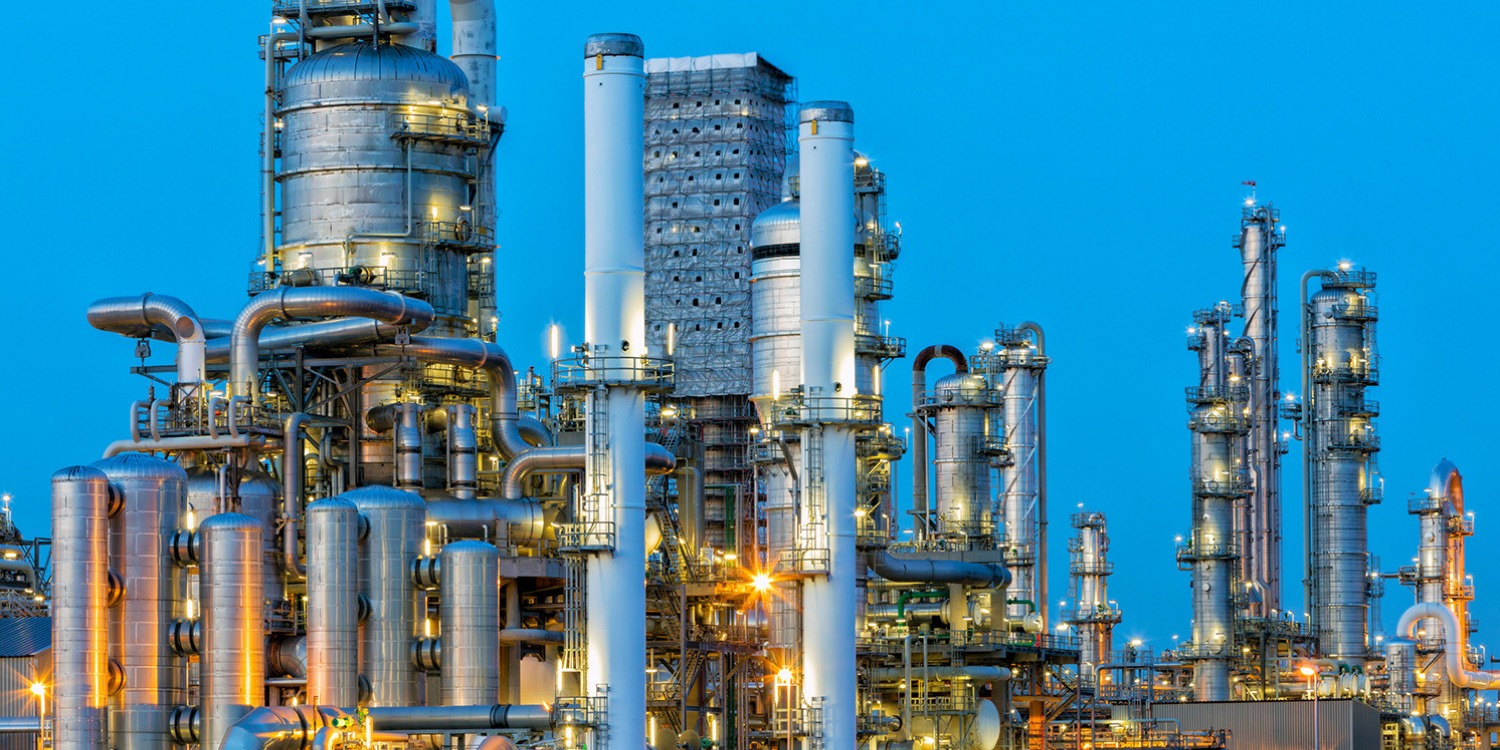
Chemical firms face various obstacles, including creating new infrastructure to assure the continuous availability of industrial plants while converting or remediating aging facilities to meet rising demand. The influence of their operations is also an important consideration for them. They must try to be ecologically responsible, particularly regarding waste recovery.
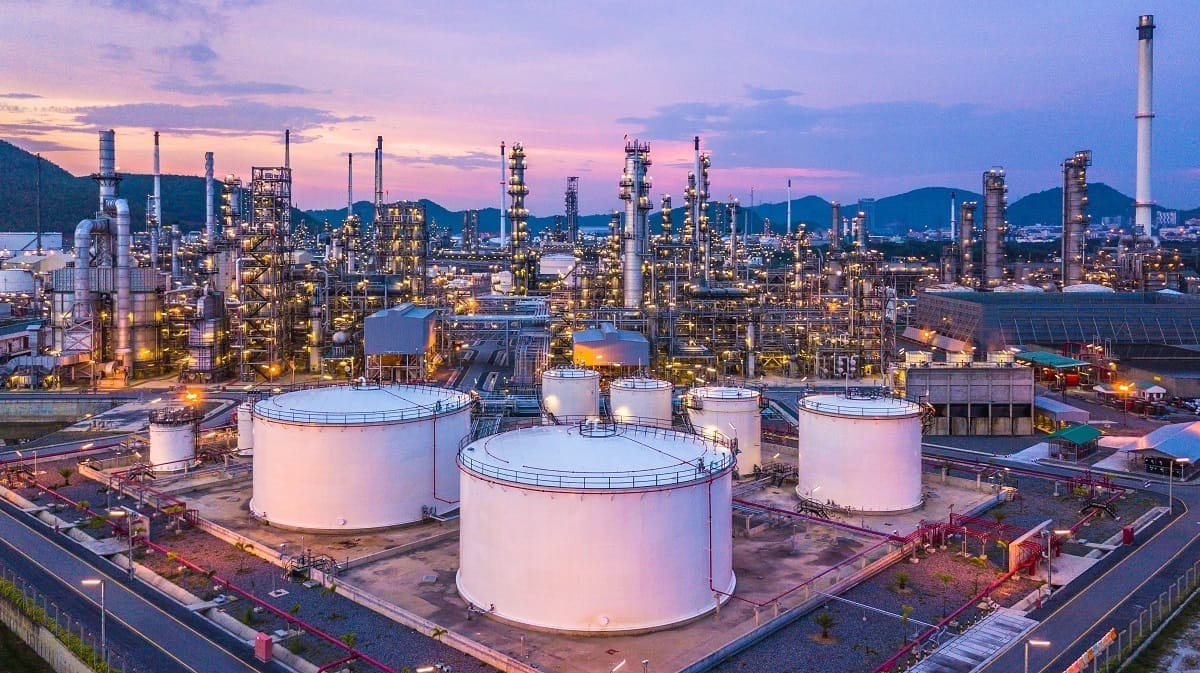
The construction of a new chemical plant and the extension and modernization of existing facilities necessitates the correct application of chemical engineering theories, principles, and practical experience, as well as an evaluation of the restrictions imposed by unique conditions. Gizil is engineered to provide you with various services connected to chemical plants' small and medium-size projects' engineering design, construction, modernization, and maintenance. These are projects for the modernization and extension of existing chemical facilities, which generally do not necessitate large-scale changes to existing processes.
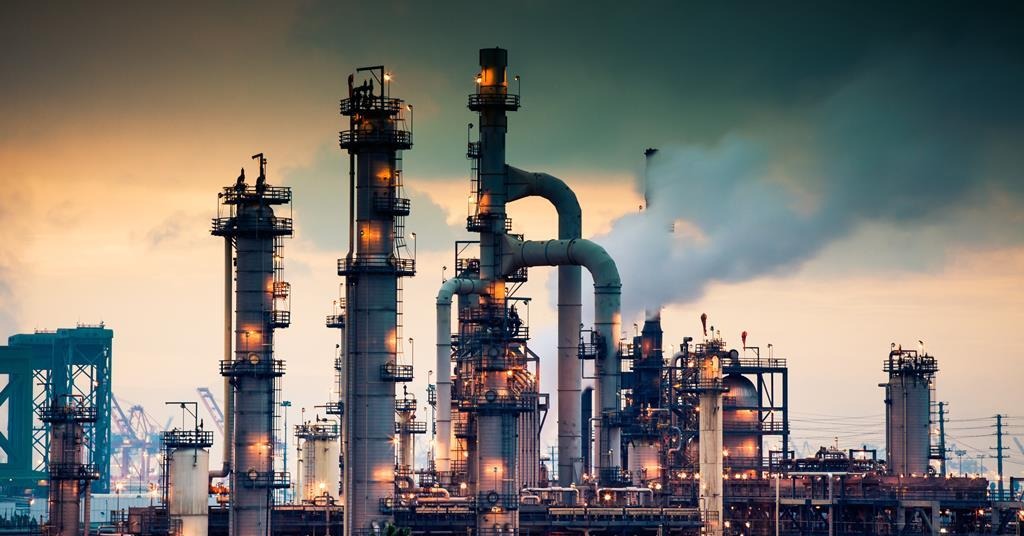
Gizil has all the capabilities required to design facilities and then retain their 3D "as-built" representations for further lifecycle usage. 3D CAD is used mainly for detailed engineering, although it may be used throughout the engineering process, from conceptual design to facility maintenance and operation. Having 3D models that match the physical facilities is critical for any digital transformation program. This is the primary aim of Gizil. Today, digital tools and technology provide an economically viable answer for increasing efficiency in existing operations and inventing innovative goods and processes. For example, chemical firms and their EPC (Engineering, Procurement, Construction) partners may execute capital projects more rapidly and cost-effectively by digitizing both greenfield and brownfield projects and operations to drive optimal performance to be more efficient and sustainable.
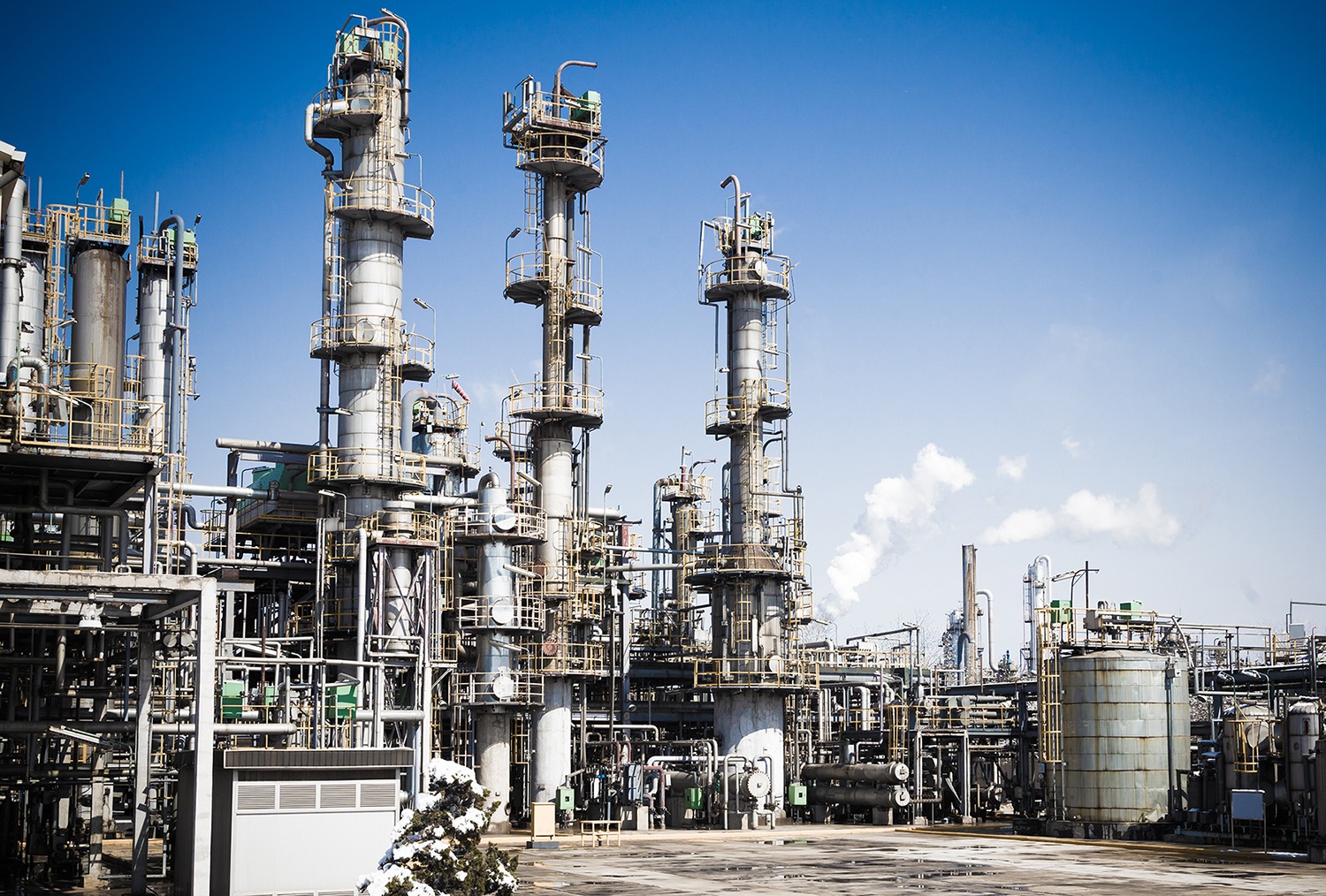
Using a dependable digital twin technique from the beginning of a project has been demonstrated to cut front-end engineering design (FEED) time and simulation efforts in half. The digital thread threads its way back to engineers in operations to inform possible process changes and optimize maintenance and brownfield projects. A data-centric strategy based on trustworthy engineering information management is at the heart of developing a dependable digital twin. It collects and validates all project data from the beginning and links 1D, 2D, and 3D engineering data, tagging it to the appropriate plant assets. Existing information may be digitized and complemented with a laser scan of the facility to quickly generate an accurate 'as-is' 3D model for brownfield projects. Engineers can test, repeat, and improve many times with reliable data at their fingertips, allowing for shorter product development cycles and process optimization.
Explore our services for Chemicals
